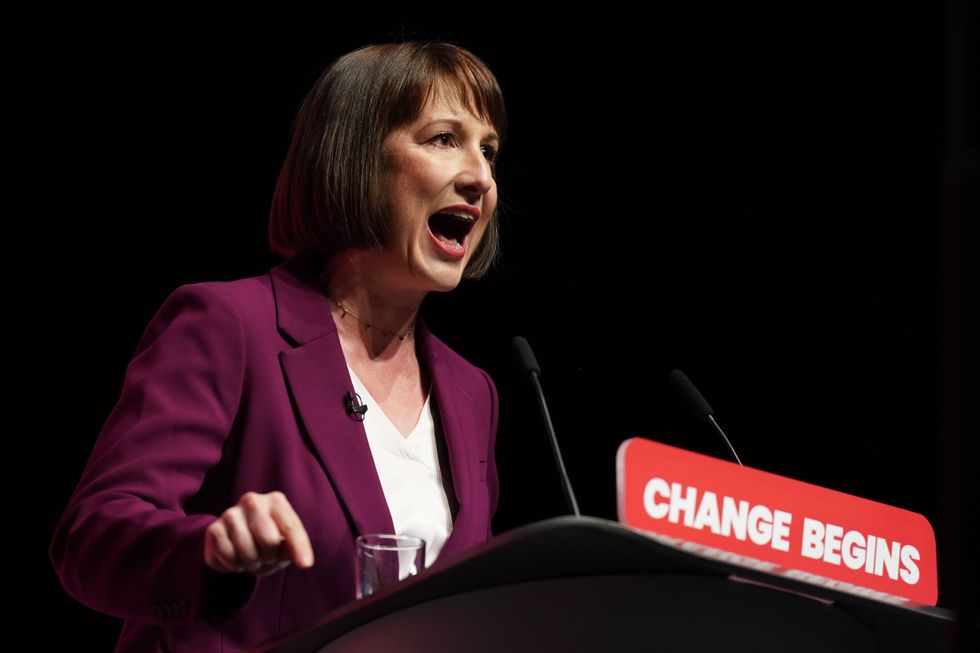Rachel Reeves warns tax rises and benefit cuts are coming
GB News
Those with savings, shares, or property income may face higher tax burdens if not considered 'working people'
Don't Miss
Most Read
Trending on GB News
Savers and those with assets face being hit with tax rises in next week's budget after Sir Keir Starmer suggested they are "not working people".
Labour’s manifesto ruled out putting up rates of income tax, employee National Insurance or VAT and said that "working people" would not pay more tax.
***HOW TO AVOID RACHEL REEVES TAX RAID: FOUR STEPS TO PROTECT YOUR MONEY HERE***
However, there has been speculation on who actually counts as a "working person," and at which point a person’s wealth means they are not covered by the manifesto pledge.
In the Sky News interview, Starmer defined a working person as somebody who "goes out and earns their living, usually paid in a sort of monthly cheque".

Those who have invested for retirement or supplemented their income with modest investments may be affected
GETTYHe explained the term is broad but when making decisions as the PM, he's thinking about those who "go out, work hard and save a bit of money but don't have the means to write a cheque to get out of difficulties."
When asked if someone whose income derived from assets would be classified as a working person, Starmer responded: "Well, they wouldn't come within my definition."
The upcoming budget is expected to include potential changes to capital gains and inheritance taxes.
Capital gains tax, currently levied on most personal possessions worth £6,000 or more, including second homes and most shares not held in an ISA, could see an increase, and Inheritance tax, charged on the estate of someone who has died, is also under scrutiny.
Labour's chancellor, Rachel Reeves, has refused to rule out increasing these taxes, stating in August that "difficult decisions" would need to be made on spending, welfare, and tax in a bid to fill the £22billion black hole in the nation's finances.
With Stamer's definition of working people excluding those deriving income from assets, individuals with savings, investments, or property income are likely to be hit.
This could affect a significant portion of the population, including those who have invested for retirement or supplemented their income with modest investments.
Labour's approach may lead to a shift in how wealth and income are taxed in the UK as the potential changes to capital gains and inheritance taxes could impact wealth transfer between generations and alter investment strategies.
According to people close to the budget, the gap in funding identified by the Chancellor is more than twice what was previously thought - at £40billion. The Chancellor has said she would rewrite the Government's fiscal rules in next week's budget to allow her to increase borrowing for public investment by around £50billion.
LATEST DEVELOPMENTS:
 Rachel Reeves has been urged to stay away from pension savings in her October Budget PA
Rachel Reeves has been urged to stay away from pension savings in her October Budget PASpeaking in Washington DC, Reeves said: "Under the plans that I have inherited from the previous Conservative Government, public sector net investment as a share of our economy was due to decline steeply during the course of this parliament," she said.
"I don't want that path for Britain when there are so many opportunities in industries from life sciences to carbon capture, storage and clean energy to AI and technology, as well as the need to repair our crumbling schools and hospitals."
The Prime Minister's spokesman later clarified that Starmer was referring to people who "primarily get their income from assets" and was "not precluding people that have a small amount of savings" in stocks and shares.







